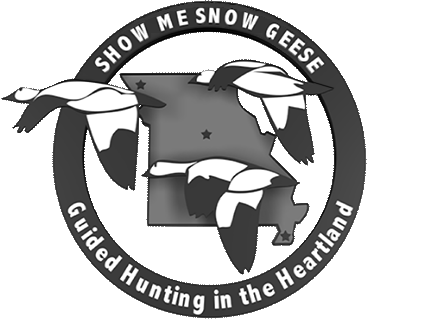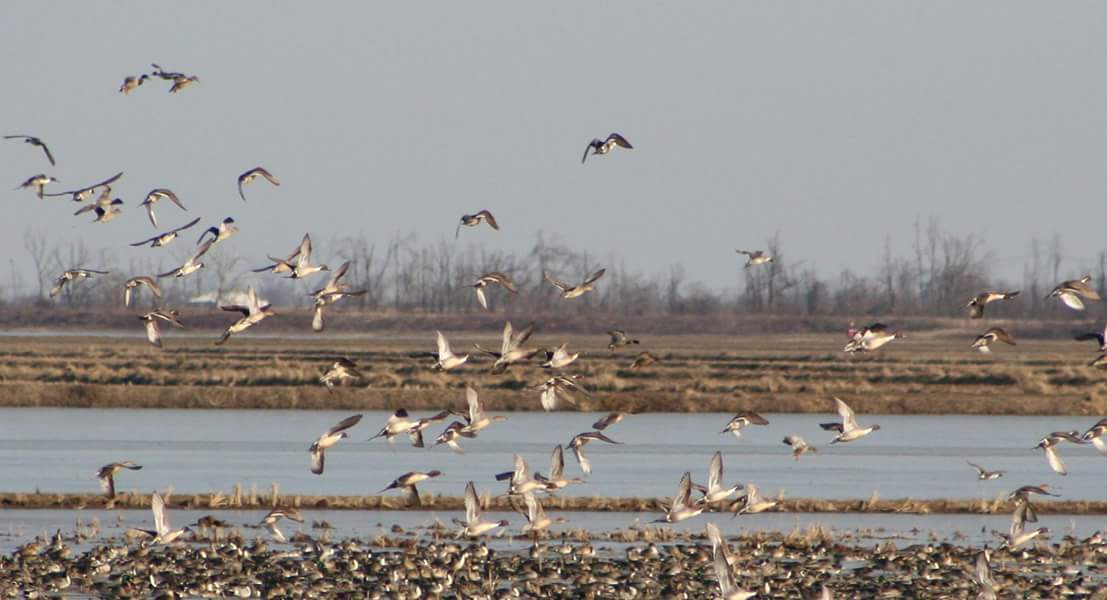Waterfowl hunting, including the pursuit of snow geese, is not only a thrilling outdoor activity but also an opportunity for hunters to actively contribute to environmental sustainability. In this blog post, we will explore the important role that waterfowl hunters, particularly snow geese hunters, play in promoting the environmental sustainability of waterfowl populations. From habitat conservation to responsible hunting practices, we will delve into the efforts made by snow geese hunters to ensure the long-term well-being of these magnificent birds and their ecosystems.
Conservation of Wetland Habitats
Wetlands are vital ecosystems that provide critical habitats for waterfowl. Snow geese rely on wetlands for breeding, nesting, and foraging. As stewards of the environment, snow geese hunters recognize the significance of conserving these wetland habitats. They actively support wetland restoration projects, engage in habitat improvement efforts, and contribute to organizations that focus on wetland conservation. By preserving and restoring wetland habitats, snow geese hunters play a crucial role in sustaining waterfowl populations.
Supporting Scientific Research and Data Collection
Snow geese hunters understand the importance of scientific research and data collection for effective wildlife management. They actively participate in surveys and research projects that monitor waterfowl populations, migration patterns, and breeding success rates. By providing valuable data and insights, snow geese hunters contribute to informed decision-making processes that aim to balance conservation needs with sustainable hunting practices.
Adhering to Bag Limits and Hunting Regulations
Responsible hunting practices are paramount for maintaining the environmental sustainability of waterfowl populations. Snow geese hunters strictly adhere to bag limits, which are set based on scientific assessments of population sizes and reproductive rates. These bag limits ensure that the hunting pressure remains within sustainable levels, allowing waterfowl populations to thrive. By respecting hunting regulations, snow geese hunters demonstrate their commitment to conservation and sustainability.
Ethical Hunting Techniques and Selective Harvesting
Snow geese hunters prioritize ethical hunting techniques and selective harvesting. They invest in their skills, using effective decoy setups, calling techniques, and concealment strategies to attract and harvest waterfowl responsibly. Selective harvesting involves targeting specific individuals within a flock, considering factors such as age, sex, and species composition. By selectively harvesting, snow geese hunters promote population balance and genetic diversity, which are crucial for the long-term health of waterfowl populations.
Education and Outreach Efforts
Snow geese hunters actively engage in education and outreach efforts to promote awareness of the environmental sustainability of waterfowl hunting. They share their knowledge and experiences with fellow hunters, emphasizing the importance of conservation and responsible hunting practices. Additionally, snow geese hunters collaborate with conservation organizations, participate in community events, and contribute to educational programs that highlight the role of hunters as conservationists.
Conclusion
Snow geese hunters understand the environmental sustainability of waterfowl hunting and actively contribute to the well-being of waterfowl populations and their habitats. Through their efforts in conserving wetland habitats, supporting scientific research, adhering to bag limits and hunting regulations, employing ethical hunting techniques, and engaging in education and outreach initiatives, snow geese hunters play a vital role in maintaining a balance between hunting traditions and the long-term health of waterfowl populations. To learn more about snow geese hunting and conservation efforts, visit www.showmesnowgeese.com. Our website provides valuable resources, trip planning guides, and information on sustainable hunting practices. Join us in promoting the environmental sustainability of waterfowl hunting today!


